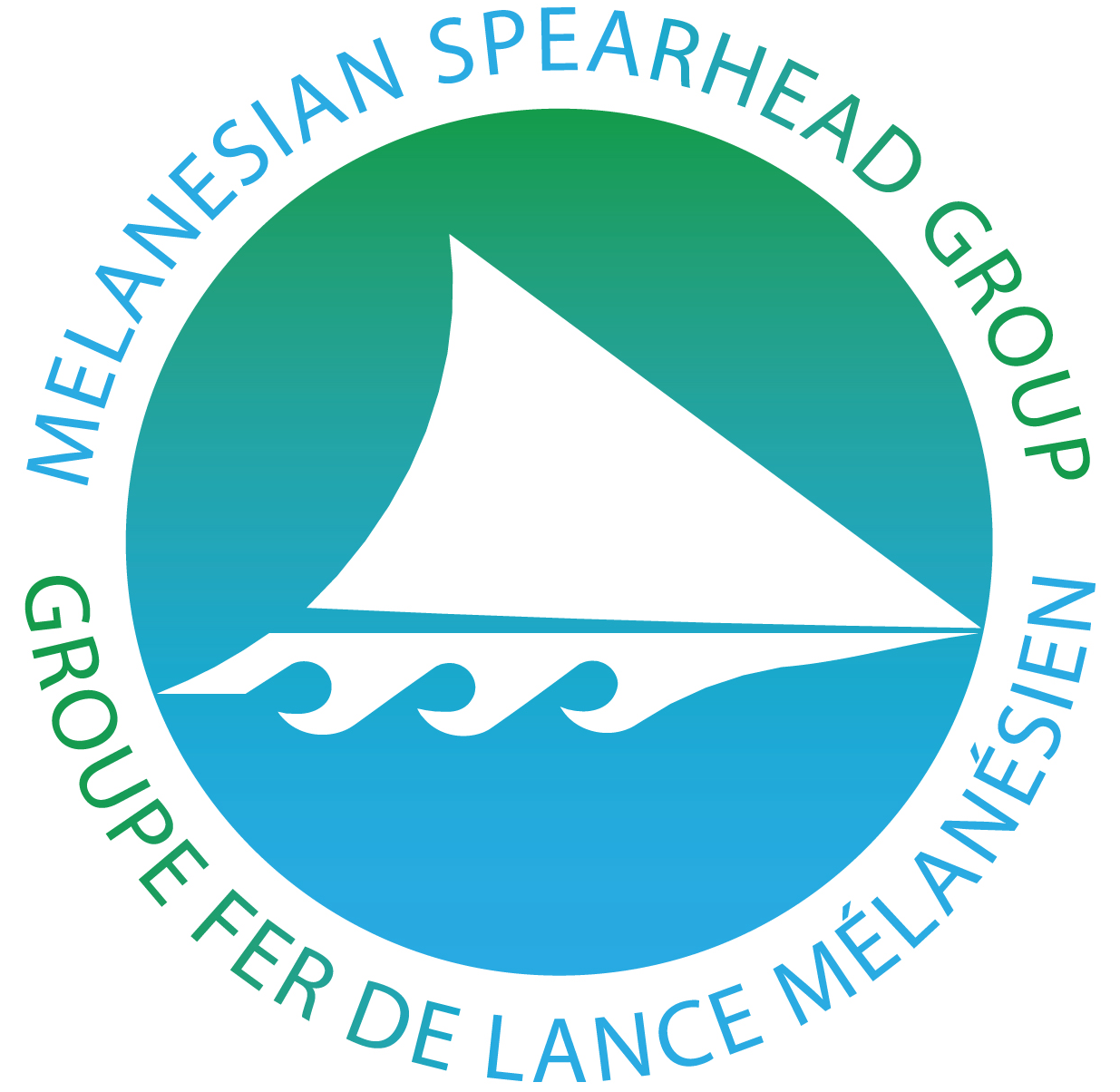KANAK SOCIALIST NATIONAL LIBERATION FRONT (FLNKS) OF NEW CALEDONIA
Kanak Socialist Liberation Front (FLNKS)
The FLNKS is a pro-independence alliance of political parties in New Caledonia founded in 1984 at a congress of various political parties. A majority of its supporters are mostly from the Kanak indigenous population but also include supporters from other ethnic communities.
In 1989, FLNKS formally joined the MSG.
Thirty nine per cent (39%) of the population is made up of Kanaks, while Europeans, most of whom were born in the territory, make up about twenty-seven per cent (27%).
The remaining population simply prefer to be identified as “Caledonian”, either from other Pacific islands, or are of mixed heritage.
Voters rejected a bid for independence from France by 56.4% to 43.6%, on a turnout of about 81%, in November 2018.
New Caledonia has around a quarter of the world’s nickel deposits, in addition to having one of the region’s highest average incomes per capita. The archipelago’s main island Grande Terre is ringed by a massive coral reef and is home to the capital, Noumea. Mountains divide the lush east from a drier west, and the territory boasts an abundance of plant and animal life.
History
This is composed of the Caledonian Union (UC) (a centre-left formerly multi-ethnic party dating back to the early postwar period) on the one hand and the National Union for Independence (UNI) on the other. The UNI includes Melanesian Progressive Union (a political movement based on the island’s west coast and mainly around the village of Poya, where its founder, the late Edmond Nekiriai hails from), the Oceanian Democratic Rally (a Polynesian (Wallisian-and-Futunian) based party) and the Party of Kanak Liberation (PALIKA), a more radical party founded by left-leaning students that came back from France after the May 1968 riots. Both the UC and UNI are approximately equal in size, and with varying rhetoric. However, all support the independence of New Caledonia. The party boycotted the 1987 independence referendum.
The party has been divided since the early 1990s between the Caledonian Union and UNI. As a result, the two factions often run candidates and lists against each other and neither can agree on a leader of the FLNKS. The coalition only has a spokesperson, Victor Tutugoro.
There was an attempt to re-unite the party on the occasion of the 2007 legislative elections in France, in which both New Caledonian constituencies were up for election. In New Caledonia’s 1st constituency, Charles Washetine, a member of UNI-Palika ran with a Caledonian Union running mate. In New Caledonia’s 2nd constituency, the leader of the Caledonian Union, Charles Pidjot, ran with a UNI-Palika running mate. However, both were defeated by the candidates of The Rally-UMP.
The FLNKS ran a common list in the South Province in the 2009 election which obtained 8.82% and 4 seats in the province. In the province during the 2004 elections, the pro-independence faction was divided and did not win any seats.
